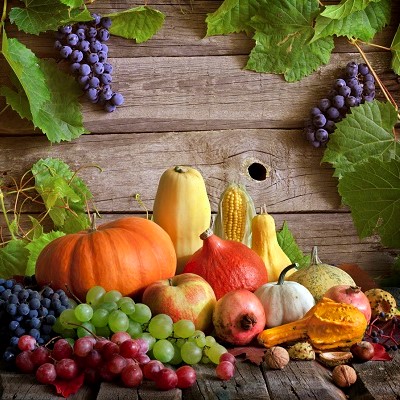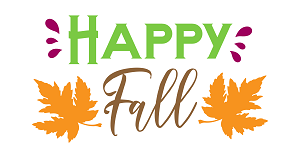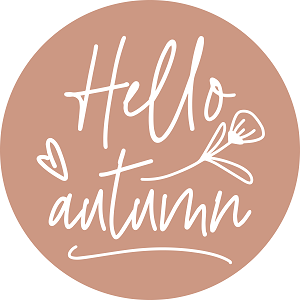 Preparing foods ahead of time makes it possible for you to save money on your grocery bill.
Preparing foods ahead of time makes it possible for you to save money on your grocery bill.
You can find fruits and vegetables on sale during the summer and into fall months when they’re in season and cheaper. It helps to know which are freezer friendly fruits and vegetables so you can plan ahead to fill your freezer.
Not all fruits and vegetables will freeze well fresh from the garden. Fruits can often be frozen without much preparation but the same can’t be said about vegetables.
Most vegetables will require you to blanch them for about 5 minutes and then dip them into ice water to stop the cooking process before they can be frozen.
Start by choosing fruits and vegetables you plan to freeze at the peak of ripeness. The food should be firm and without bruises to ensure the best taste when they are used in the future. Don’t be afraid to sniff the fruit to see how it smells which may indicate how it tastes.
When freezing fruit you may be concerned that it will darken. This can be avoided by adding ascorbic acid (vitamin C) in simple syrup that is added to the fruit prior to freezing. Fruits that freeze well include:
- Apples
- Apricots
- Bananas
- Berries of all kinds
- Cherries
- Coconut
- Cranberries
- Citrus
- Grapes
- Nectarines
- Peaches
- Pears
- Pineapple
- Plums
- Raspberries
- Rhubarb
- Strawberries
Fruits that don’t freeze well include watermelon and citrus fruit sections. While you may find these fruits frozen, you will notice the texture is totally different when thawed.
Most vegetables can be frozen but the texture may be off when you thaw them. For this reason, it might be good to plan to use some frozen vegetables in soups or casseroles. Vegetables which freeze well include:
- Asparagus
- Beans – most varieties
- Beets
- Broccoli
- Cabbage (only use for cooking)
- Carrots
- Cauliflower
- Celery
- Corn
- Eggplant
- Greens (Kale, mustard and turnip)
- Okra
- Parsnips
- Peas (black-eyed and green)
- Pumpkin
- Sweet potatoes
- Rutabagas and turnips
- Summer squash
- Tomatoes (stewed, only use for cooking)
Vegetables you don’t want to freeze include lettuce, cabbage, cucumbers, endive, parsley and radishes.
Remember that even though the majority of fruits and vegetables are freezer friendly, they won’t be exactly the same as fresh. The taste should be very similar but the texture could be considerably different. If you have an overabundance of fruits and vegetables, however, freezing them is one way to store them for long-term use.




